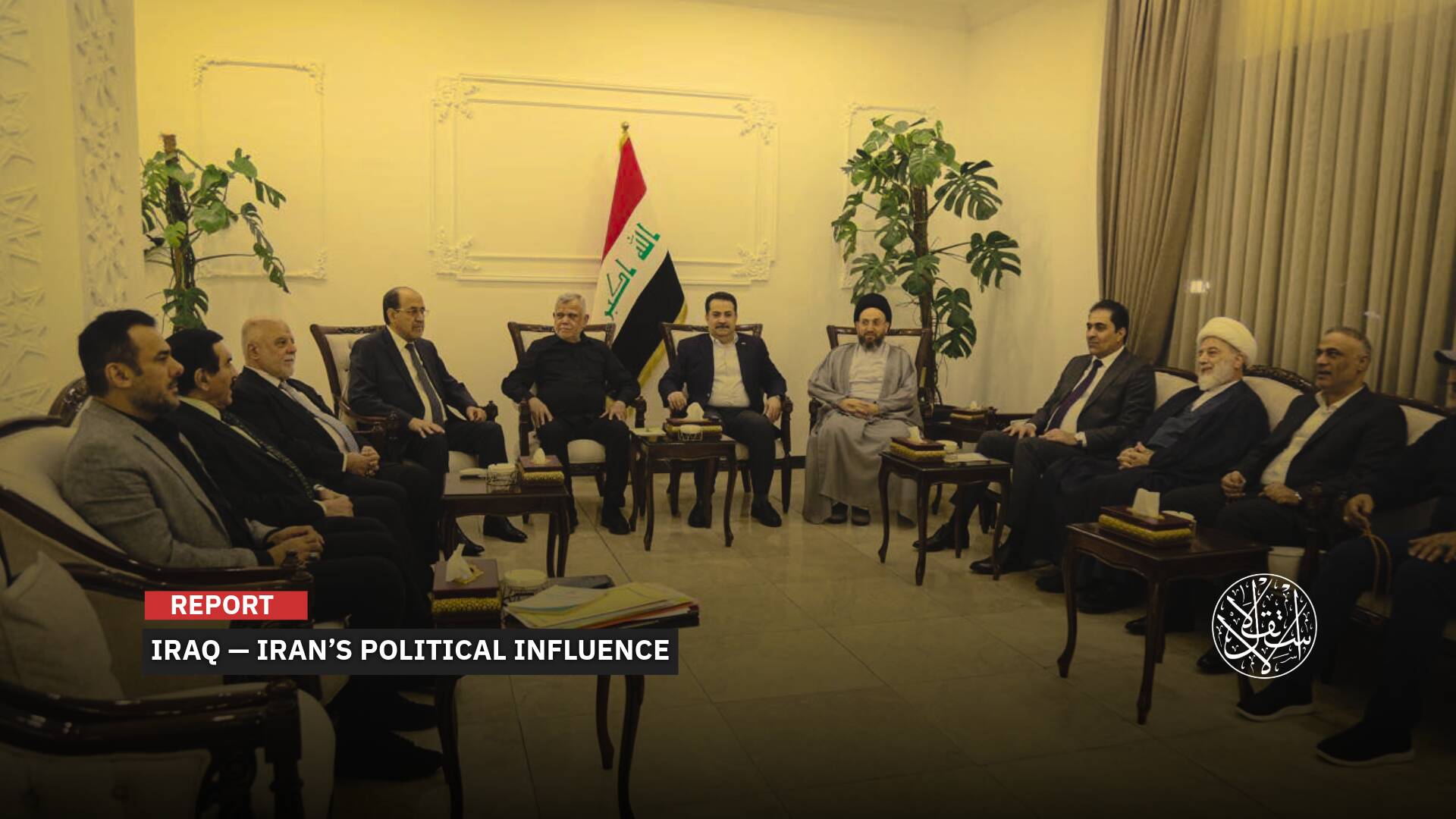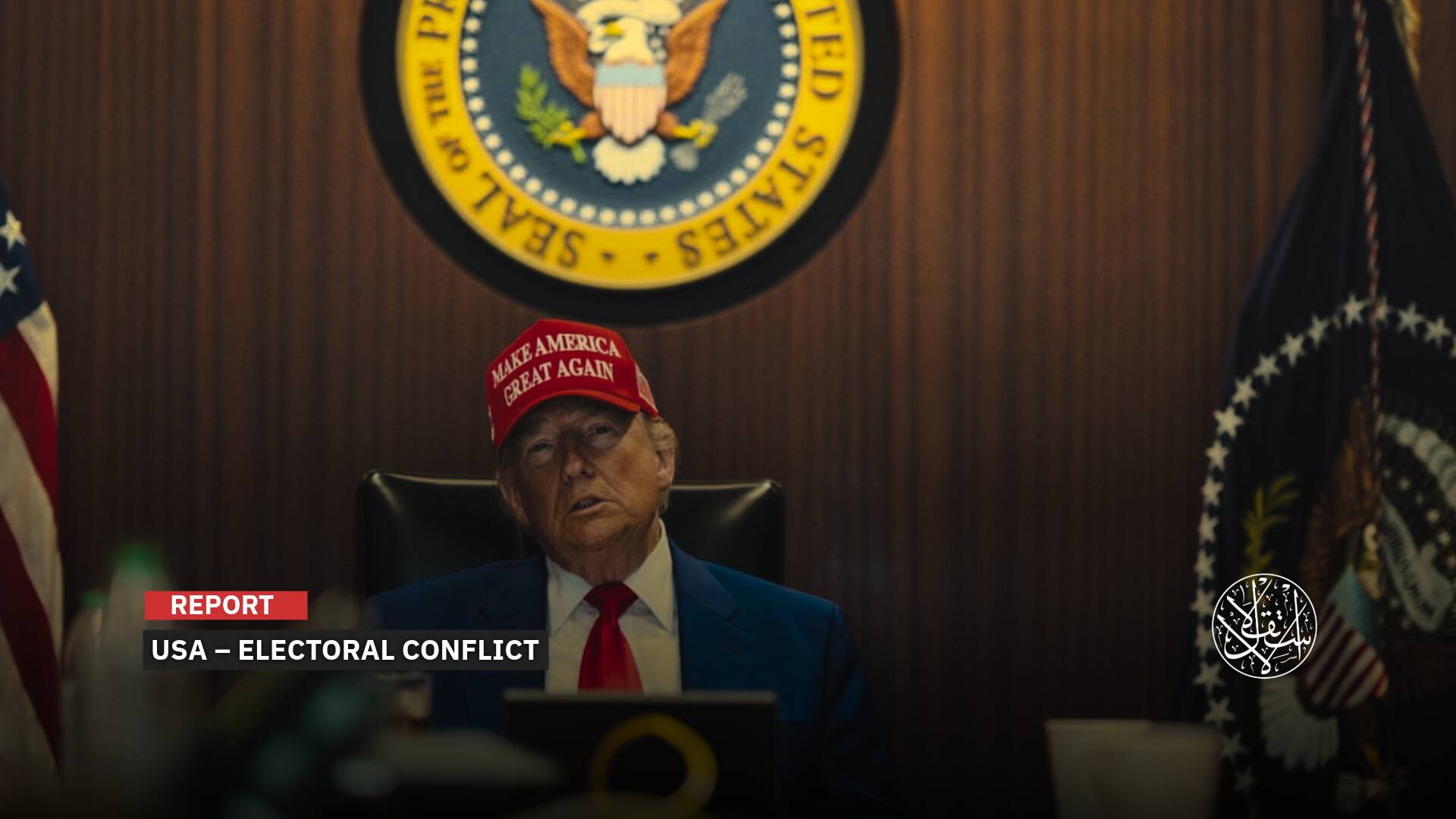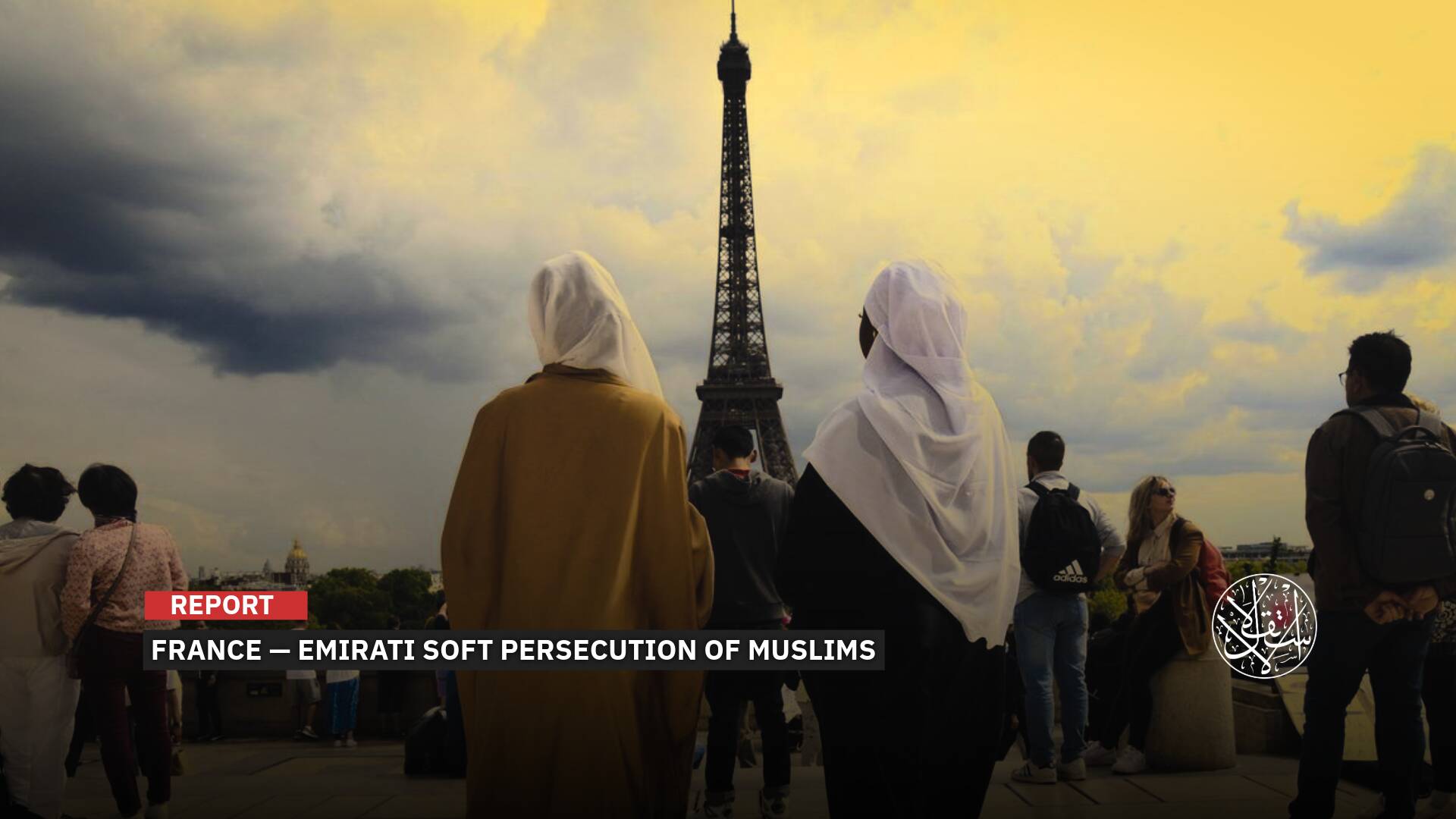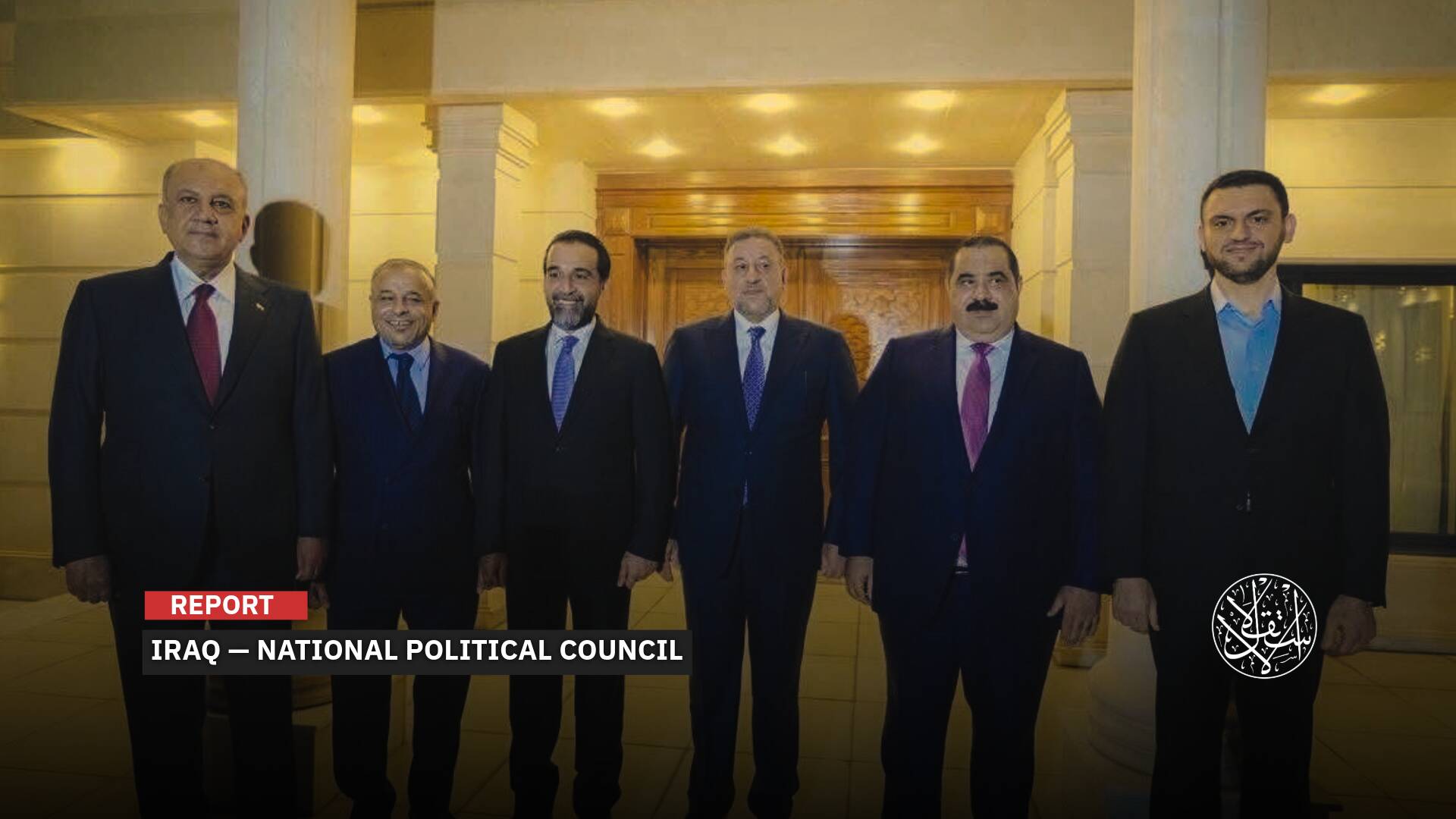Herbert Kickl: Austria's Far-Right Leader with Nazi Ties and Pro-‘Israel’ Stance

It will be the first far-right party to lead a government in Austria since the end of World War II.
Despite being known as one of the most "civilized" nations in the world, the Austrian people have elected a Nazi-affiliated politician as their "Chancellor of the People"—the very title once held by Adolf Hitler during the Nazi regime in Germany.
Herbert Kickl, leader of the far-right Freedom Party of Austria, who has been labeled a "security threat," received the support of more than 1.4 million voters in the September 2024 parliamentary elections.
After securing 28.8% of the vote, making his party the largest in parliament, Kickl was appointed by President Alexander Van der Bellen on January 6, 2025, to become "Chancellor of the People" and form the next government, despite his party’s Nazi-influenced ideology.
Why Choose A ‘Nazi’?
On January 6, President Alexander Van der Bellen announced that he had officially tasked Herbert Kickl with forming a government, meaning that the far-right populist party would assume the position of Federal Chancellor for the first time in Austria’s history.
The reason for his appointment lies in the fact that Kickl’s party, which represents the far right and was founded by former Nazis, achieved a historic victory in Austria’s legislative elections on September 29, 2024. However, they did not secure a sufficient majority to govern alone.
When Kickl’s party garnered 29.1% of the vote, while the ruling conservative People’s Party, led by Chancellor Karl Nehammer, dropped to 26.3%, Nehammer attempted to form a coalition government but failed.
Consequently, the president turned to Kickl to take charge.
Kickl is now in negotiations with the People’s Party to form a ruling coalition, which could see his party, for the first time, take the chancellorship in Austria.
According to Al-Estiklal, the researcher Teresa Friesacher described the far-right’s rise to prominence at the time as “an earthquake in this country,” noting that the deeply radical Kickl is a politician no party wants to govern alongside.
His goal, she pointed out, is to reach the Austrian chancellorship in order to impose his far-right ideas.
Freisacher noted that Kickl and his party (the Freedom Party) are a cause for concern, and they have nothing constructive to contribute.
Due to Kickl’s overt Nazi associations and his leader’s flagrant display of Nazi symbols, President Van der Bellen admitted after appointing him that it "wasn’t an easy decision" and pledged to “ensure respect for the principles and rules of the republic.”
When the ruling People’s Party refused to form a government with the far-right populists, Chancellor Nehammer threatened to resign from his leadership of the People’s Party, prompting a shift in the party’s stance.
It subsequently declared its willingness to enter a coalition government as the junior partner.
The People’s Party and the Freedom Party had previously formed coalition governments in the early 2000s and again between 2017 and 2019.
However, in those instances, the coalition was led by People’s Party politicians.
This time, the Freedom Party’s Herbert Kickl will take the helm.
There are significant disagreements between the Russia-friendly, EU-skeptic Freedom Party and the more moderate People’s Party, particularly on issues such as foreign and security policy.
The opposition Social Democratic Party has warned of a "new coalition of horror," with a government poised to “destroy the welfare state, dismantle democracy, and divide our society,” according to a statement it issued.
If the Freedom Party succeeds in forming a coalition government, it will be the first far-right party to lead Austria since the end of World War II.
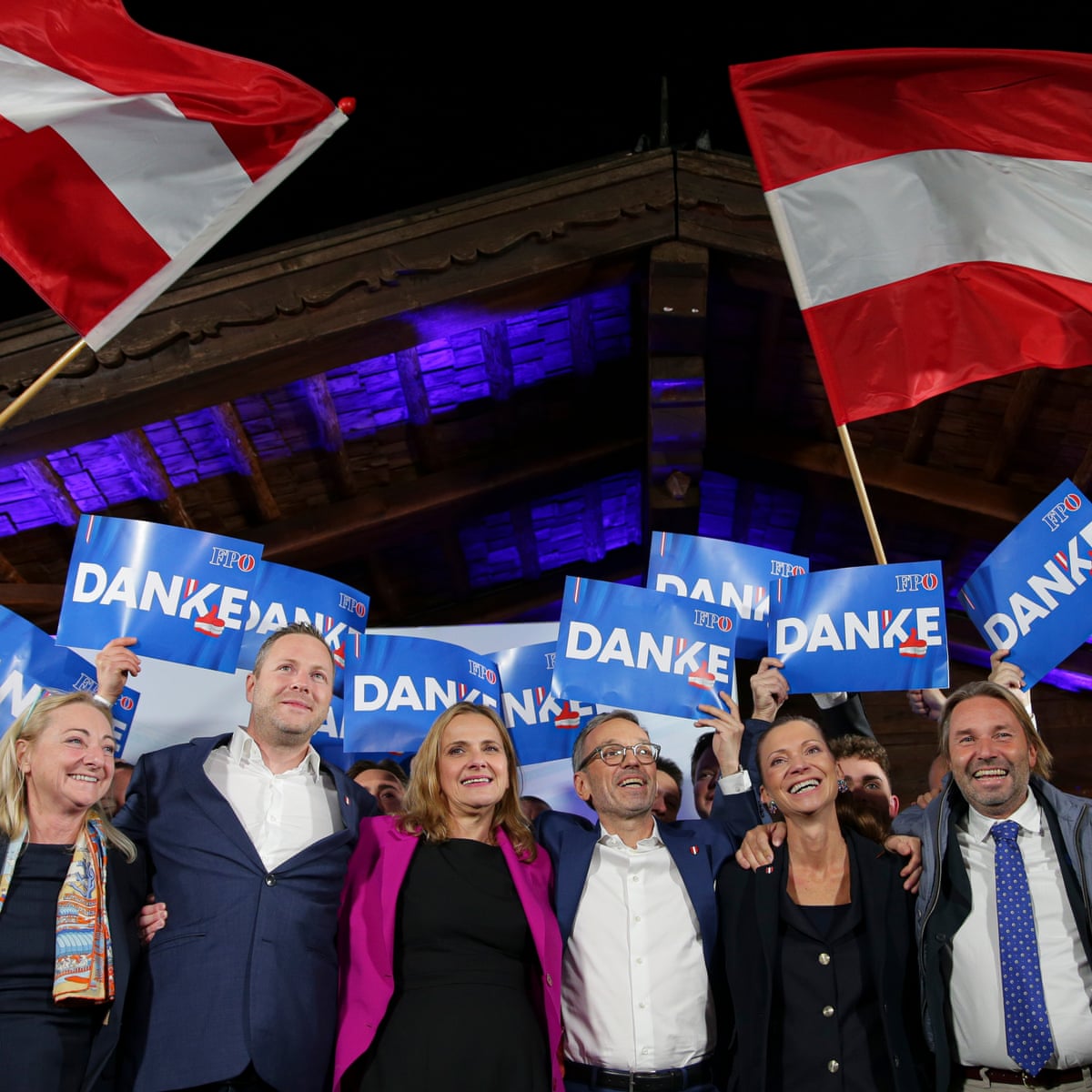
Who Is The New ‘Hitler’?
The Austrian Freedom Party was founded in 1956 by a former Nazi agriculture minister and an officer in the SS.
Observers have expressed concern over the rhetoric and actions of Herbert Kickl and other party members, who appear to flirt with imagery and language from the Nazi era.
During his election campaign, Kickl, a former interior minister, stirred controversy by running under the slogan that he would become the "Volkskanzler" (Chancellor of the People)—a term famously used by Adolf Hitler.
Hitler himself was born in Austria and successfully annexed the country to the German Reich in 1938.
However, the Freedom Party has sought to distance itself from Nazism, despite members openly displaying Nazi flags and sharing videos that celebrate Nazi imagery.
Kickl has promoted slogans such as "Fortress Austria" and "Austria First," and has called for the expulsion of migrants who "refuse to integrate" into Austrian society.
His supporters have also posted Nazi-era images on social media, and in 2023, the youth wing of the Austrian Freedom Party shared a video showing the balcony from which Hitler declared the annexation of Austria in 1938.
The video, which Kickl described as "magnificent" despite the surrounding controversy, included images of Pierre Drieu La Rochelle, a French collaborator with the Nazis, the far-right Japanese nationalist Yukio Mishima, and Portuguese dictator Antonio de Oliveira Salazar.

Pro-‘Israel’
Despite his support for “Israel” and backing of the Gaza genocide, the appointment of the far-right Freedom Party to form a government for the first time has raised concerns among Jews in Austria and Europe due to its Nazi past.
Although the Freedom Party has increasingly supported “Israel,” it is not endorsed by the Israeli Foreign Ministry, nor by the Jewish community in Vienna, which numbers around 10,000 people.
The community follows a policy of non-cooperation with the Freedom Party, considering it "anti-Semitic."
In 2010, the Freedom Party, along with other far-right groups, signed what they called the Jerusalem Declaration, affirming "Israel's right to exist" and its right to defend itself, particularly against what they termed "Islamic terrorism."
The far-right party also recognized Jerusalem as “Israel’s” capital and opposed EU resolutions critical of “Israel.”
Since the start of the Israeli genocidal war on Gaza in October 2023, the Freedom Party has thrown its full support behind the Israeli war.
Kickl himself opposed a ceasefire in the Gaza Strip, stating, “As long as Hamas terrorists hold Israeli hostages, a ceasefire is unlikely.”

Anti-Muslim
In addition to its support for the Israeli occupation, the far-right Freedom Party is openly hostile to Islam and Muslims, vowing to implement a program of mass deportations and halt the "Islamization" of Europe.
Herbert Kickl represents a radical political current that calls for the closure of borders to refugees and migrants, particularly Muslims.
He is known for using controversial rhetoric, often containing references that intersect with some Nazi symbols.
Kickl has amplified his party’s anti-Islamic messages, delivering an Islamophobic speech in 2016 at a far-right network meeting.
During his election campaign, he adopted slogans like “Daham statt Islam” ("Home instead of Islam"), with “daham” meaning home or homeland.
Analysts from the far-right describe the party's newfound pro-“Israel” stance as a strategic move, based on a “common Muslim enemy,” rather than any genuine effort to distance itself from its Nazi past.
This does not mean that anti-Muslim sentiment will begin with the Freedom Party assuming power—it will only intensify.
The party’s predecessor, the former ruling People’s Party, worked to demonize Muslims, attacking their homes and businesses on the grounds that they were linked to the "Muslim Brotherhood."
It later emerged that the UAE played a role in fueling this anti-Muslim rhetoric in Austria.
Under the leadership of the People’s Party, a lengthy list of anti-Muslim policies was enacted, including the closure of mosques, a ban on hijabs in several educational institutions, and plans to eventually extend the ban to university students and civil service employees.
The surveillance of Islamic associations by the intelligence services has intensified, with several Islamic organizations criminalized.
State-funded institutions, such as the “Centre for Documentation on Political Islam,” have been established.
This advisory body prepares and publishes critical reports about Muslims in Austria.
The principal report that laid the foundation for the People’s Party's anti-Muslim policies was cited 14 times in the 2020 "Luxor Operation" inspection memo.
This operation targeted Muslims under the guise of "The Muslim Brotherhood in Austria."
The report, which was funded with approximately $100,000, was authored by Lorenzo Vidino, a figure later found to have connections to the UAE.
An investigation published by Profil Online on April 2, 2023, revealed close ties between the UAE and the incitement behind the security operation "Luxor," which targeted the Muslim community in Austria.
The investigation concluded that the "Luxor Operation," which took place in November 2020 and aimed at alleged members of “the Muslim Brotherhood,” involved significant coordination by Lorenzo Vidino, C, and the UAE’s Hedayah Center.
Both played prominent roles in instigating the operation and fueling anti-Muslim sentiment in Austria.
In November 2024, Profil magazine reported that “the People’s Party and the Freedom Party (which will form the government) have supported and proposed a law to ban political Islam.”
The magazine noted that this proposal is being compared to the "Nazi Ban Law" and has been discussed with the Social Democratic Party and the liberal NEOS party as part of ongoing negotiations to form a coalition government.
In November 2024, a study published by the European Union Agency for Fundamental Rights (FRA) revealed an increase in discrimination felt by Muslims in Austria, with the community now being the most affected by discrimination in the EU—particularly among the youth.
Anti-EU
The Economist magazine highlighted on January 10 that Herbert Kickl’s rise in Austria raises concerns about the growing influence of far-right extremism in Central Europe.
Despite its small size, with a population of around 9 million, Austria could become a focal point in the current European tensions, as Kickl intensifies fears of internal fragmentation in the face of the challenges confronting the European continent.
His political stance is marked by a clear hostility towards the European Union, advocating for a more isolationist policy in Austria while aligning with a group of politicians who openly support Russia and promote anti-EU agendas.
Kickl’s ascent in Austria is part of a broader trend in Central and Eastern Europe, where far-right parties sympathetic to Russia are gaining ground, including leaders such as Viktor Orban in Hungary and Robert Fico in Slovakia.
These policies are causing significant concern, as these leaders are close allies of Russian President Vladimir Putin and are staunchly opposed to European sanctions on Russia.
Austria is not a member of NATO but is part of the European Union. Therefore, its political direction could influence EU dynamics at a time when Europe faces major challenges, particularly regarding the war in Ukraine.
Moreover, Kickl’s rise poses a threat to European unity, heightening fears among EU leaders that coordinating union policies against Russia could become more difficult if leaders like Kickl take power in other European countries.



